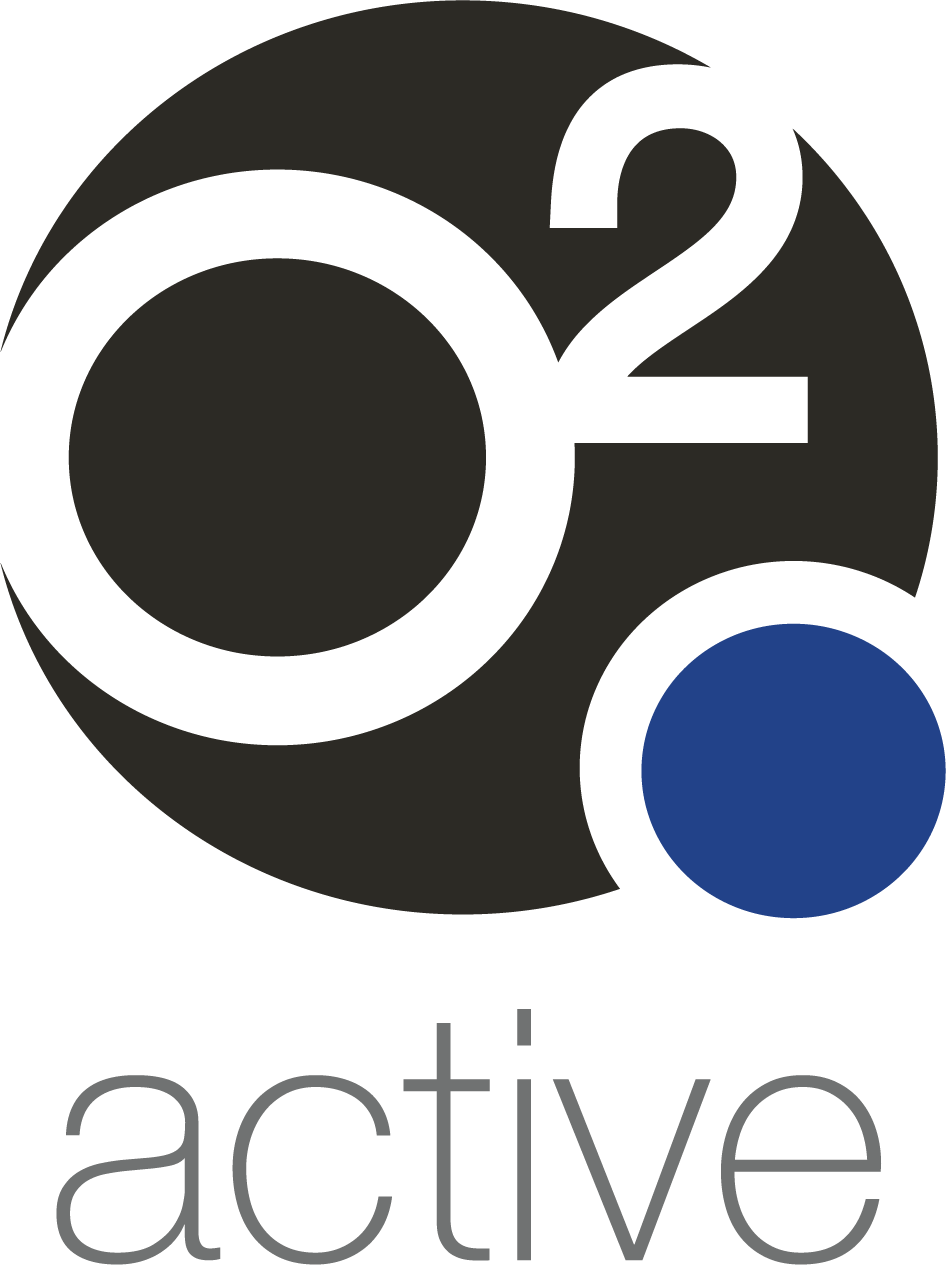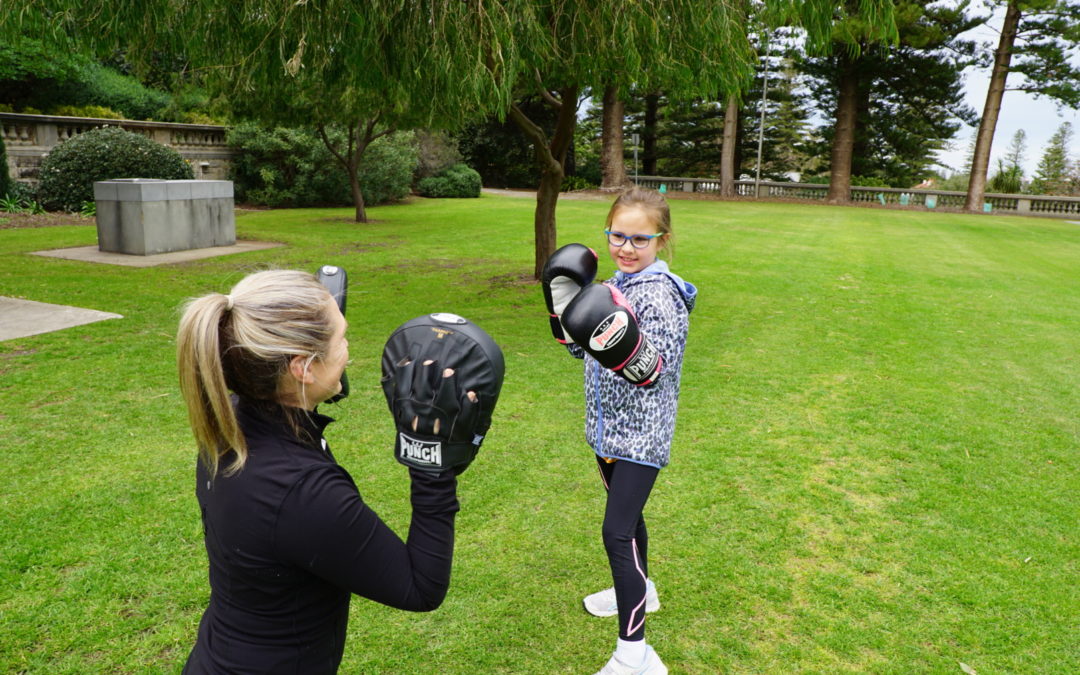Founding director of O2 Active and exercise physiologist Caitlin Hunt has over 20 years of experience in the field working with a vast range of clientele in exercise physiology. She specialises in the delivery of exercise and lifestyle therapies for the prevention and management of chronic disease, injury and disability. She believes exercise physiology can be used as a therapy to not just improve physical capacity and health but to improve emotional regulation, confidence and community participation. Prior to O2 Active, Caitlin founded Silhouette Dance Studio and has more than 25 years of experience working in movement with youth and paediatrics. Exercise, movement and community sport have had a huge impact on all of the O2 Active Team and we are passionate about enabling children, youth and adults to be involved. We believe everyone should have the opportunity to move better, feel good and be able to partake in everyday activities and community life.
Autism Spectrum Disorder (ASD) is an umbrella term used to describe a group of complex developmental disorders. It is referred to as a spectrum due to the wide range of features amongst individuals with ASD. Whilst children with ASD may present with similar problems no two are the same, however, there are two underlying stereotypic symptoms that are often present. These symptoms are; impaired social communication and the presence of repetitive/ritualistic behaviour. Symptoms can be classified as mild, moderate or serve.
Impaired social communications:
Individuals who exhibit impaired social communication often have deficits in social-emotional reciprocity. This can lead to difficulty with; engaging in back and forth conversation, understanding emotion and failure to respond to social interactions. It is also common for nonverbal communication behaviours to be used during social interactions, this could look like abnormal eye contact, flapping of the arms or abnormal body language. Those with ASD may also find it difficult to understand others gestures, lack of expression and no verbal communication.
Repetitive / Ritualistic behaviour:
Children with ASD may show repetitive behaviours and have limited interests, and high functioning children with ASD may become intensely interested and fixated on one topic. Obsessive actions such as lining up toys or repetitive movements of a toy can also be displayed. Other behaviours can include compulsions, echolalia (repetition of another person’s spoken words), self-harm, aggression and non-compliance.
ASD is a lifelong disorder with no cure, however, with early intervention we can help children reach their full potential.
Exercise interventions for children with ASD:
Exercise physiology improves the quality of life by helping create a strong sense of purpose and self-fulfilment. It plays an important role in supporting participants to become more independent, improve their physical motor functions and mental health, enhance strength and fitness, build stronger confidence, and overall heighten their general wellbeing. It can also help to upskill and transition children, youth and adults so they can partake in community sport, recreation and activities with their peers and community and thus decrease social isolation.
Research has shown that exercise is of great benefit for children with ASD and can help reduce stereotypic behaviours and improve social-emotional functioning. A systematic review looking at different exercise interventions and youth with ASD found that behaviours were reduced through jogging, horseback riding and martial arts. Yoga, dance and swimming along with the previously mentioned activities were shown to improve social-emotional behaviour. All of these diverse forms of exercise offer unique benefits and physical experiences. The structural nature of these exercise interventions, for example, the repetition involved in martial arts, may be the contributing factors to the change in behaviour seen. (E.Bremer, M.Crozier & M.Lloyd, 2016)
Due to the symptoms present amongst those with ASD, it can sometimes be challenging working / implementing interventions. We are here to help with our top tips.
Our Top Tips for working with children with Autism:
- Work out what makes them “tick”
- Keep instructions clear
- Stick to a routine and make changes subtle
- Don’t overwhelm with options
- Be patient, children with autism often have delayed processing
- Use hands-on instruction and visual cues
Our programs include practical tips for parents on how to build simple exercises into daily life. We strive to overcome barriers you may be experiencing around movement and sport for youth, paediatrics and adults. We encourage and aim to increase involvement and confidence in community or school sport and movement in general and give your child a positive experience in being physically active and leading a healthy lifestyle.
If you want to know more about our programs for your child funded either through the NDIS or private health funds please get in touch. We know how important your child’s specialist team are and happily work closely with them in the development of programs that will enable the best outcomes for your child. Find out more here.

